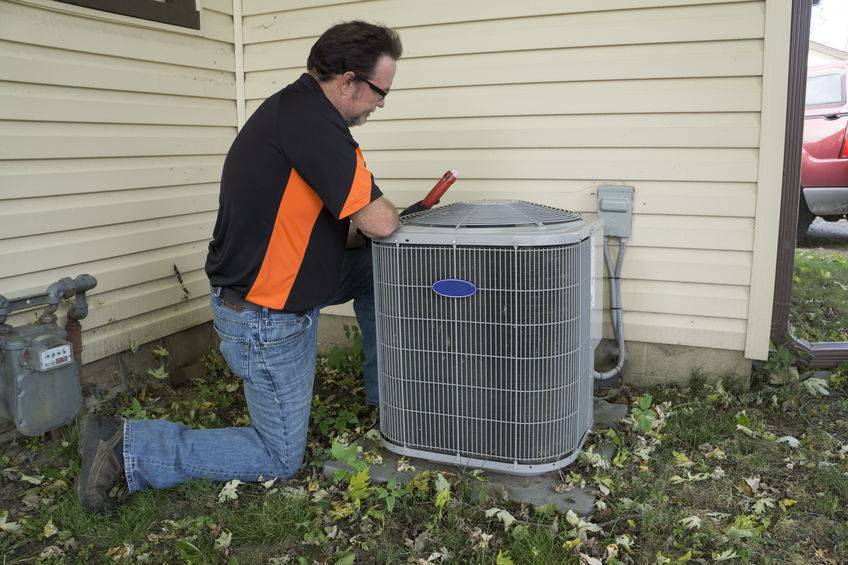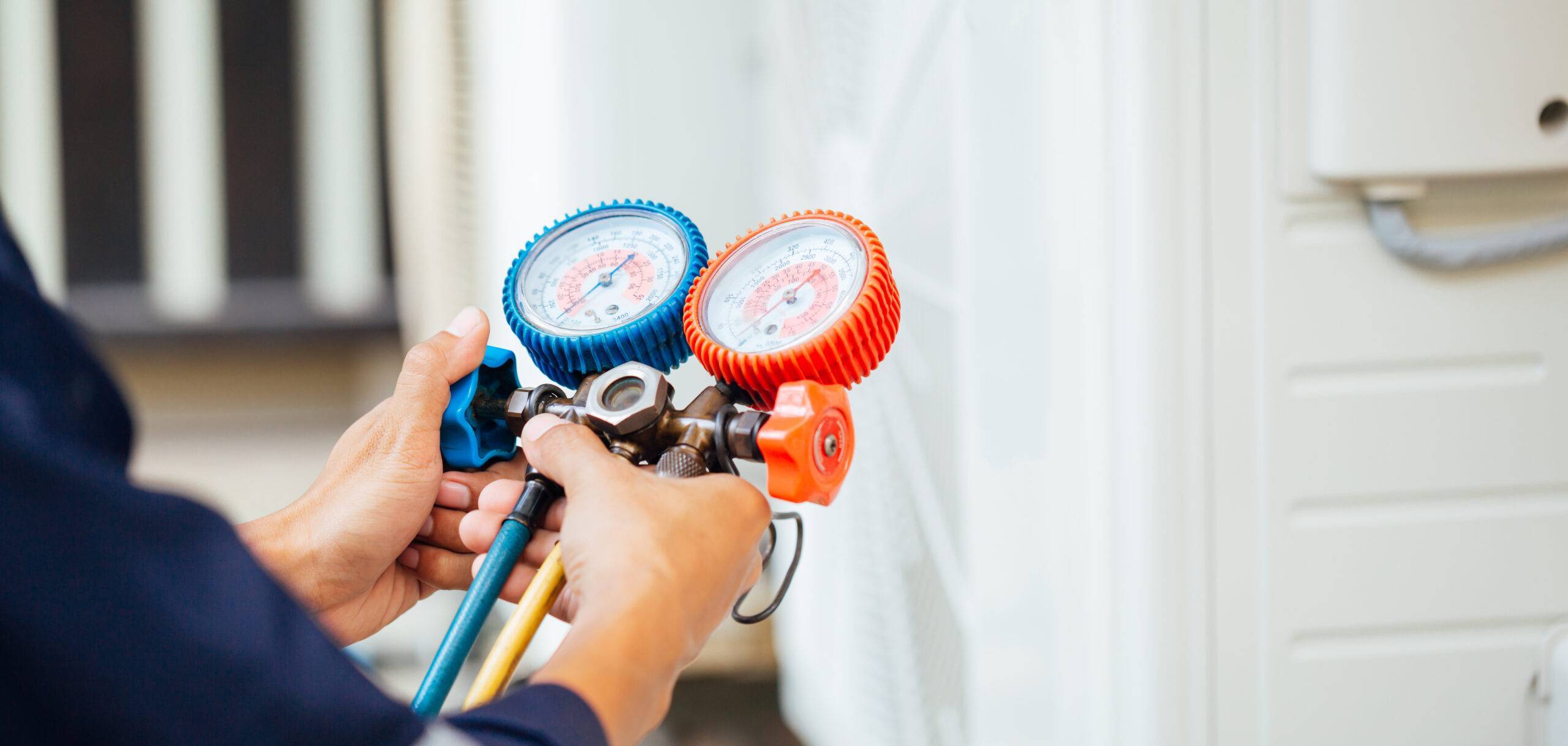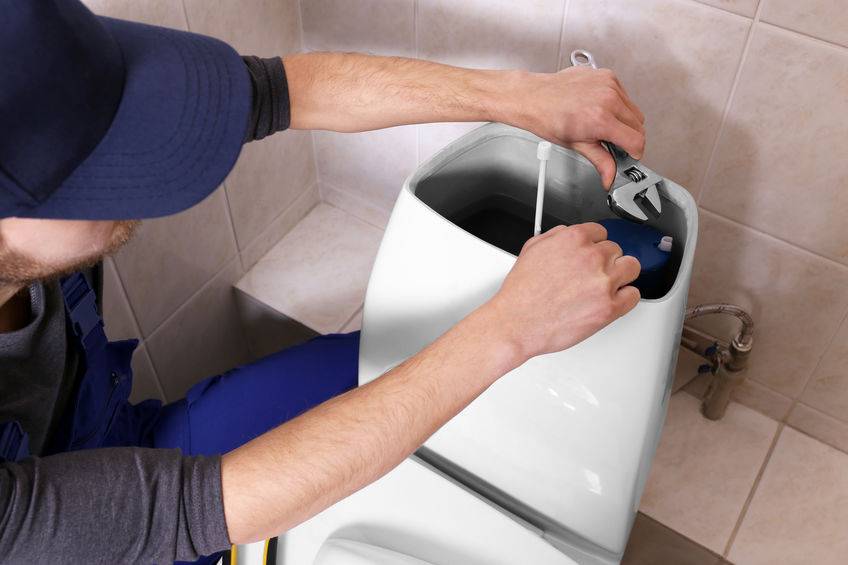As winter sets in, the last thing you want is to find yourself without hot water on a chilly morning. In Greer’s coldest months, your water heater becomes one of the most vital appliances in your home. Ensuring it is in good working condition can save you from unexpected cold showers and high energy bills. In this blog, we’ll guide you through the steps of a water heater winter checkup, offering tips on maintenance, identifying potential issues, and explaining how regular upkeep can extend the life of your water heater.
Table of Contents
| Section | Overview |
| Why Winter Water Heater Maintenance Is Crucial | Explains the importance of maintaining your water heater during the cold months to ensure reliable hot water. |
| Signs Your Water Heater Needs Attention | Lists common indicators that your water heater may need maintenance or repair before winter. |
| Winter Water Heater Checkup: Key Steps | Outlines essential tasks for ensuring your water heater is ready for winter, from flushing to inspecting components. |
| Water Heater Efficiency: Maintenance vs. No Maintenance | Presents data comparing the energy costs and efficiency of a well-maintained water heater versus a neglected one. |
| Fun Facts About Water Heaters | Interesting facts about water heaters, including their history and efficiency advancements. |
| FAQ: Common Questions About Water Heater Winter Checkups | Answers frequently asked questions about maintaining your water heater during winter. |
| How Chisholm Can Help You Keep the Hot Water Flowing This Winter | Information about Chisholm’s water heater services and how they can assist with repairs or replacements. |
Glossary of Terms
- Anode Rod: A metal rod inside the water heater tank that helps prevent rust by attracting corrosive elements.
- Sediment Buildup: The accumulation of minerals, such as calcium and magnesium, that settle at the bottom of the water heater tank over time.
- Temperature and Pressure (T&P) Relief Valve: A safety valve that releases water if the pressure or temperature in the tank becomes too high.
- Tankless Water Heater: A type of water heater that heats water on demand, without storing it in a tank.
- Flushing the Tank: The process of draining water from the water heater to remove sediment buildup.
Why Winter Water Heater Maintenance Is Crucial
During the colder months, your water heater works harder to maintain consistent hot water temperatures. Without regular maintenance, your system can become less efficient, leading to increased energy costs and the risk of breakdowns. Here’s why winter water heater maintenance is so important:
- Preventing System Failures
During winter, a malfunctioning water heater can leave your family without hot water for days. Regular checkups help catch small problems before they become major repairs. - Maximizing Efficiency
Sediment buildup inside your water heater tank can reduce efficiency by insulating the heating elements from the water, making your system work harder. A clean, well-maintained water heater uses less energy and keeps your utility bills in check. - Extending the Life of Your Water Heater
Routine maintenance, such as flushing the tank and inspecting key components, can significantly extend the lifespan of your water heater. Most water heaters last 8–12 years, but neglecting maintenance can shorten this lifespan.
If you’re unsure where to start with water heater maintenance, the team at Chisholm Plumbing Heating & Air Conditioning can help by providing professional inspections and repairs to keep your system running smoothly.
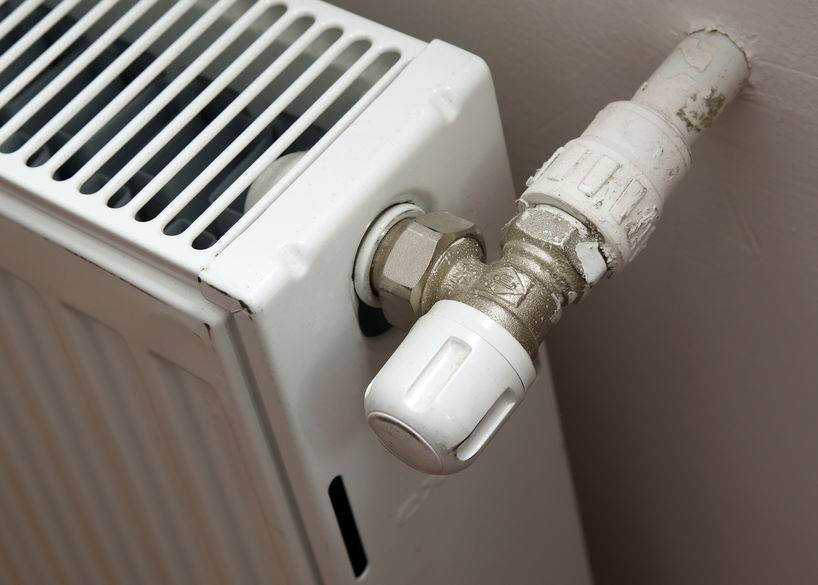
Signs Your Water Heater Needs Attention
Before winter hits in full force, it’s a good idea to assess whether your water heater is showing signs of wear and tear. Here are some common indicators that it’s time to take action:
- Fluctuating Water Temperature
If you’re noticing inconsistent water temperatures or frequent bursts of cold water, this could indicate an issue with the heating elements or thermostat. - Unusual Noises
Rumbling or banging noises coming from your water heater are often a sign of sediment buildup. The sediment traps water, which heats up, turns to steam, and creates these noises. - Discolored or Rusty Water
Water that comes out rusty or brown could indicate corrosion inside your water heater tank, often due to a failing anode rod or internal rusting. - Leaks Around the Tank
Even a small leak can indicate a bigger problem, such as a cracked tank or faulty pressure relief valve. Ignoring leaks can lead to water damage in your home. - High Energy Bills
If your energy bills have been creeping up, your water heater may be losing efficiency. A water heater that has to work harder to maintain temperature will use more energy.
If you experience any of these issues, contact Chisholm Plumbing Heating & Air Conditioning to schedule an inspection or repair.
Winter Water Heater Checkup: Key Steps
To ensure your water heater is ready to handle the cold months ahead, here are some essential maintenance tasks you should perform or have a professional complete:
- Flush the Tank
Over time, sediment builds up at the bottom of your water heater, reducing efficiency. Flushing the tank once a year helps remove these deposits, improving performance and preventing damage to the tank. - Check the Anode Rod
The anode rod helps prevent rust and corrosion inside your water heater. If the rod is worn down or covered in rust, it needs to be replaced to protect the tank. - Test the Pressure Relief Valve
The temperature and pressure relief (T&P) valve is a critical safety feature. Test it by lifting the valve lever to release a small amount of water. If no water comes out or the valve doesn’t reseal properly, it’s time for a replacement. - Inspect the Thermostat and Heating Elements
If your water heater isn’t maintaining a consistent temperature, it may be due to a malfunctioning thermostat or heating element. These components should be tested and adjusted to ensure they’re functioning properly. - Insulate the Pipes
Insulating your water heater’s pipes, especially those in unheated areas like basements or garages, helps prevent heat loss and keeps the water inside the tank hotter for longer. - Check for Leaks
Inspect the area around your water heater for any signs of leaks. Even small leaks can signal bigger issues, so it’s important to address them before they worsen.
For more detailed inspections or repairs, Chisholm offers professional water heater services to ensure your system is in top shape for the winter.
Water Heater Efficiency: Maintenance vs. No Maintenance
| Factor | Regular Maintenance | No Maintenance |
| Energy Efficiency | 10–15% higher efficiency | Decreased efficiency due to sediment buildup and wear |
| Water Heater Lifespan | 10–15 years | 6–10 years due to lack of care |
| Risk of Major Repairs | Lower due to early problem detection | Higher risk of unexpected breakdowns |
| Annual Heating Costs | Lower due to optimal performance | Higher due to inefficiencies |
| Water Quality | Better, with cleaner and clearer water | Poorer quality, with potential rust or sediment contamination |
As the table shows, regular maintenance of your water heater can lead to better efficiency, lower energy bills, and a longer system lifespan.
Fun Facts About Water Heaters
- Ancient Roots: The concept of heating water dates back to ancient civilizations. The Romans, for example, used wood-fired water heaters in their bathhouses.
- Energy Efficiency Advances: Modern water heaters are much more energy-efficient than their predecessors, with innovations such as tankless water heaters and insulated tanks reducing energy waste.
- Hot Water on Demand: Tankless water heaters, also known as on-demand water heaters, provide hot water only when needed, which can save up to 30% on water heating costs compared to traditional tank systems.
- Water Heating is Energy-Intensive: Water heating is typically the second-largest energy expense in a home, accounting for about 18% of utility bills, according to the U.S. Department of Energy.
- Extended Warranties: Most water heaters come with a 6-year warranty, but regular maintenance can help them last well beyond that, often extending their lifespan to 12–15 years.
FAQ: Common Questions About Water Heater Winter Checkups
- How often should I flush my water heater?
You should flush your water heater at least once a year to prevent sediment buildup, which can reduce efficiency and damage the tank. - How do I know if my water heater is failing?
Common signs of a failing water heater include fluctuating water temperatures, rusty or discolored water, unusual noises, and rising energy bills. - What temperature should I set my water heater to in winter?
For both safety and efficiency, the Department of Energy recommends setting your water heater to 120°F. Higher settings can increase the risk of scalding and energy waste. - How long does a typical water heater last?
With regular maintenance, a traditional tank water heater can last 10–15 years. Tankless water heaters may last 20 years or more with proper care. - Is it worth insulating my water heater?
Yes, insulating both the tank and exposed pipes can help reduce heat loss, leading to lower energy bills and improved performance, especially during winter.
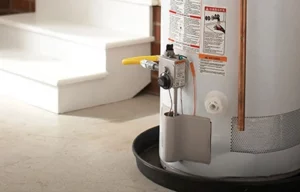
How Chisholm Can Help You Keep the Hot Water Flowing This Winter
At Chisholm Plumbing, Heating & Air Conditioning, we understand how essential hot water is during the cold winter months in Greer. Whether you need a quick repair, an annual checkup, or a complete water heater replacement, we’re here to help. Our team of experienced technicians can ensure your water heater is running efficiently and reliably throughout the winter.
Don’t wait for a cold shower to remind you of maintenance—contact us today to schedule your water heater checkup and ensure your home stays comfortable this season.

